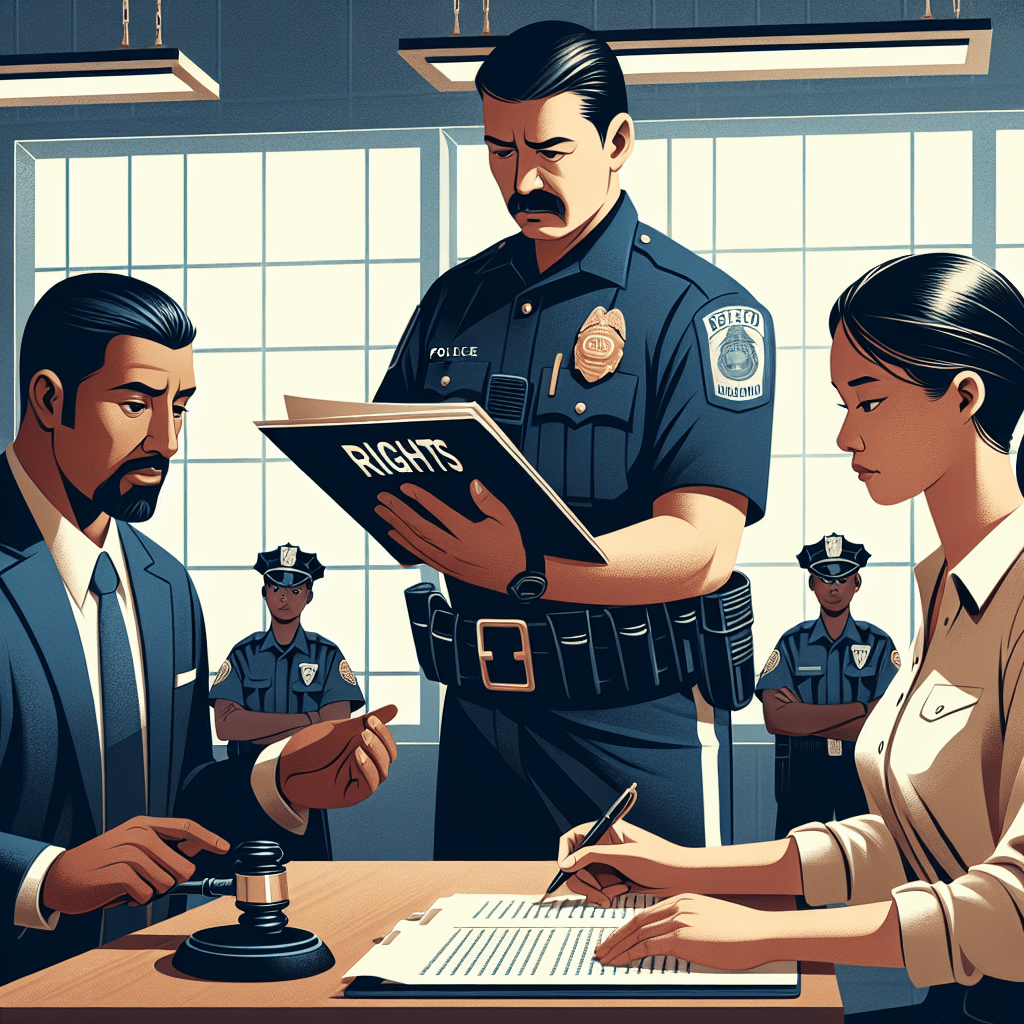What Are My Rights If I’m Arrested?
Getting arrested can be a daunting experience, but knowing your rights can help you navigate the situation with confidence. In Australia, the legal system is designed to protect the rights of individuals while upholding justice. Let’s walk through the essentials of what rights you have if you ever find yourself under arrest.
The Right to Be Informed
When you’re arrested, it’s crucial that you understand why. The police must inform you of the reason for your arrest. This could be as straightforward as stating that you’re being arrested for a particular offence, such as theft or trespassing. If the circumstances aren’t clear, you have the right to ask for clarification.
The Right to Silence
One of the most important rights to remember is your right to remain silent. This means you don’t have to answer questions or provide information that might incriminate you. While you’re required to provide your name and address, you can politely decline to discuss other details until you’ve consulted with a lawyer. This right helps protect you from providing evidence that can be used against you in court.
The Right to Legal Advice
If you’re arrested, it’s advisable to seek legal counsel. You’re entitled to speak with a lawyer to help you understand your situation and guide your next steps. The police should allow you to contact a legal representative and give you access to a phone to do so. There are legal aid resources available if you can’t afford a private lawyer, ensuring everyone can receive proper legal guidance.
The Right to a Fair Treatment
Australian law protects individuals from cruel or inhumane treatment during an arrest or while in custody. This means you should not be subjected to excessive force, and any searches conducted should be reasonable. If you suspect that your rights haven’t been respected, it’s important to document any mistreatment and bring it to the attention of your lawyer.
The Right to Bail
After an arrest, you have the right to apply for bail, which is a temporary release from custody while waiting for your court date. Bail isn’t automatically granted in every case and depends on various factors, including the nature of the offence and your past record. If granted, bail will come with conditions you must follow, such as regularly reporting to the police or staying away from certain places.
Example Scenario
Imagine you’re out with friends, and a misunderstanding leads to your arrest for disturbing the peace. The police should inform you of the charges and read you your rights. It’s wise to stay calm and cooperative, providing only your name and address. Before answering any questions, request to speak with a lawyer. They can help clarify your situation and advise you on whether to apply for bail at your hearing.
Practical Tips
1. Stay Calm and Polite: Even if the arrest feels unjust, remaining calm can prevent the situation from escalating. 2. Document Everything: If possible, make a mental or written note of everything that happens during your arrest. This includes names of officers, timings, and any statements made.
3. Utilise Free Legal Resources: Organisations such as Legal Aid offer free advice and can be invaluable if you’re unsure about your rights or options.
4. Follow Bail Conditions Carefully: If you’re granted bail, ensure you adhere to all conditions to avoid further legal complications.
Remember, the legal system is there to protect both society and individual rights. Understanding your rights not only helps you during a potentially stressful situation but also empowers you to ensure that justice is maintained. While this guide covers the basics, it’s always best to consult with a legal professional for advice specific to your circumstances.








